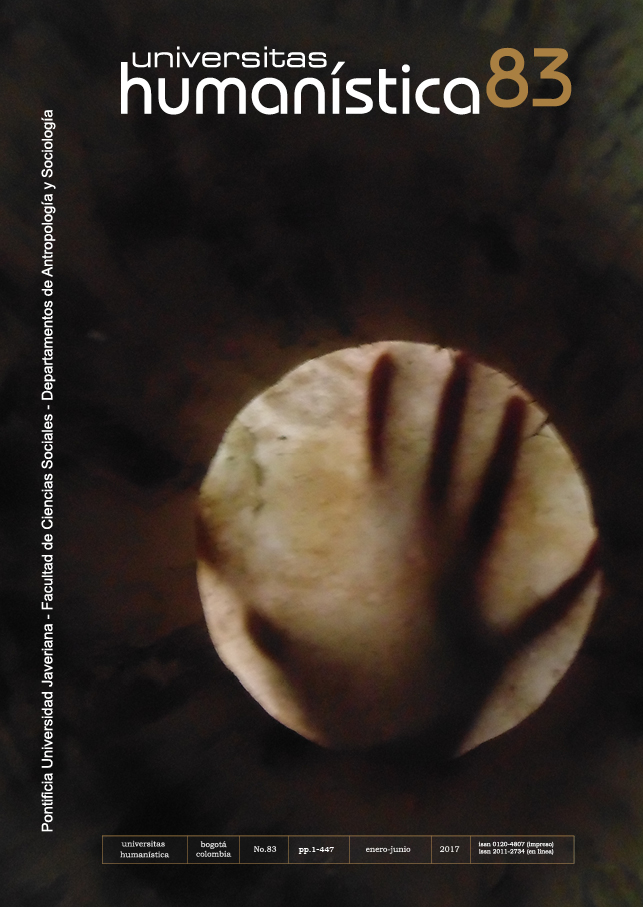Abstract
The article analyzes the growth of Afro-Uruguayan candombe in a country ―and, especially, a city, Buenos Aires― that has historically seen and considered itself as “White-European.” The Uruguayan candombe was first cultural heritage of Afro-Uruguayan immigrants in Buenos Aires; later, this practice went beyond the migrant community, and it was taught and transmitted to various social sectors. It is currently part of the youth culture of an increasing number of cities in the country. The paper focuses on the re-appropriation and re-signification of Afro-Uruguayan candombe by young, middle-class, socially white Argentineans. It aims to understand the deployment of “black culture” beyond socially black groups ―a scantly studied topic―, employing theoretical perspectives from “Afro-Latin American studies,” “youth cultures,” and “new social movements.” The paper shows how Afro-American cultures, far from being frozen assets, are subject to permanent constructions of meaning and ways of interpellation that reach far beyond the populations that originated them.

This journal provides immediate open access to its content on the principle that making research freely available to the public, encourages greater global exchange of knowledge.
The journal Universitas Humanística is registered under a Creative Commons Attribution 4.0 International Public License. Thus, this work may be reproduced, distributed, and publicly shared in digital format, as long as the names of the authors and Pontificia Universidad Javeriana are acknowledged. Others are allowed to quote, adapt, transform, auto-archive, republish, and create based on this material, for any purpose (even commercial ones), provided the authorship is duly acknowledged, a link to the original work is provided, and it is specified if changes have been made. Pontificia Universidad Javeriana does not hold the rights of published works and the authors are solely responsible for the contents of their works; they keep the moral, intellectual, privacy, and publicity rights.
Approving the intervention of the work (review, copy-editing, translation, layout) and the following outreach, are granted through an use license and not through an assignment of rights. This means the journal and Pontificia Universidad Javeriana cannot be held responsible for any ethical malpractice by the authors. As a consequence of the protection granted by the use license, the journal is not required to publish recantations or modify information already published, unless the errata stems from the editorial management process. Publishing contents in this journal does not generate royalties for contributors.


